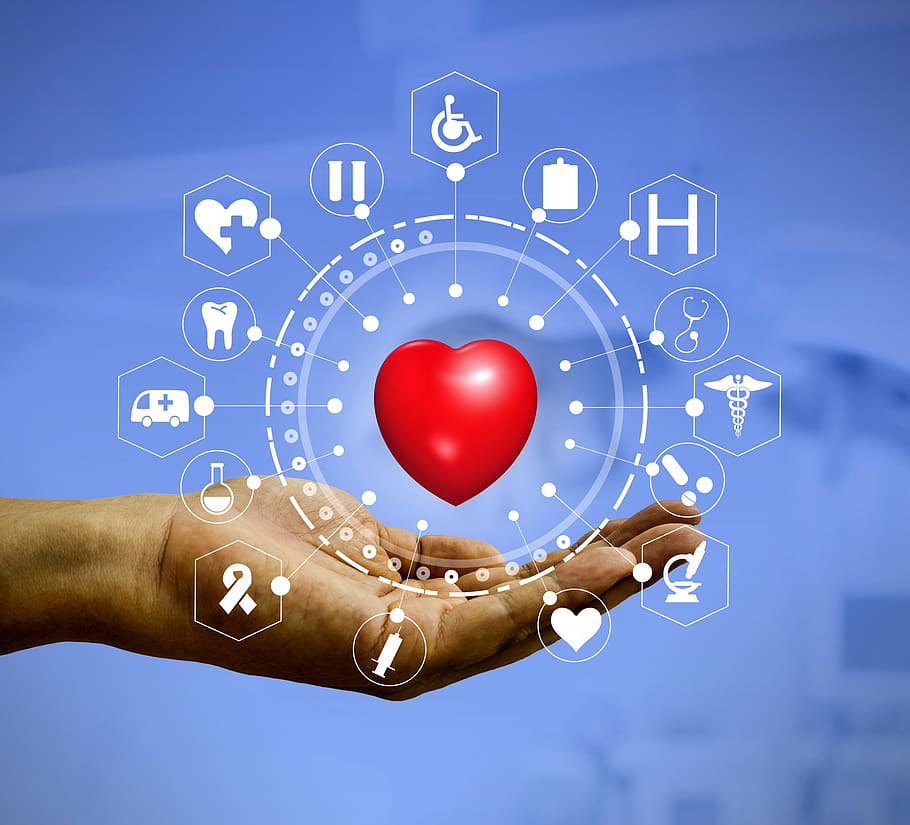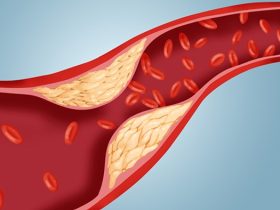Developments in technology transformed the healthcare industry at a time that it needed the most. The pandemic compelled healthcare professionals and their patients to make adjustments to avoid getting infected. One of these adjustments was telemedicine that allowed patients to consult their doctors even without visiting the clinic or medical facility.
Aside from telemedicine, the healthcare industry also adopted other innovative technologies that enhanced its operations. From patient management to augmented reality in medical procedures, these technologies allowed the industry to develop by leaps and bounds. Here are some innovative technologies that changed the healthcare industry.
Nanomedicine
Nanomedicine is the use of nanotechnology in the healthcare industry. It aims to prevent and treat diseases using the tools and knowledge of nanotechnology. It involves using materials at the nanometric scale in different fields of medicine.
The technology has the potential to improve the diagnosis and treatment of diseases. It also aims to deliver drugs using precise delivery systems, leading to personalized and targeted delivery of medicines without affecting the other parts of the body. For instance, it can deliver chemotherapy straight to the tumor without impacting the rest of the body.
Nanomedicine has several products going through clinical trials for many major diseases, including inflammatory, musculoskeletal, neurodegenerative, and cardiovascular. This branch of medicine already has products in the market for diagnostics and medical imaging.
Surgical Management System
A surgical management system allows hospitals to enhance the efficiency of their operations and automate patient communication. It also provides consistent perioperative care or the care a patient receives at the time of the surgery. This type of care typically starts when the patient first enters the hospital for the procedure until the patient goes home.
The system also incorporates anesthesiology practice management software to help anesthesiologists take better care of patients. It removes the administrative tasks from the doctors so that they can focus on taking care of the patient. The software works on providing all the necessary information about the patient to ensure the medical professionals have an idea about the patient’s status.
Patient Management Through IoT
The use of the Internet of Things (IoT) in healthcare ensures the patients are well-taken care of while under the supervision of a healthcare professional. It facilitates real-time monitoring of patients and provides healthcare professionals access to health data whenever necessary.
Patient interaction with the doctor is no longer limited to physical visits or even telemedicine services. The use of wearable sensors allows doctors to have continuous access to the health status of the patient. Whether they are at home or in the hospital, the doctors can check the data collected by these sensors to identify the patient’s best treatment.
Hospitals can also use IoT to monitor the location of medical equipment within their premises. Administrators can also analyze the proper deployment of staff in the hospital at any given time using the technology. Additionally, they can manage assets properly and in real-time, such as the temperature and humidity of the refrigerator where they store the medicine. This is useful at this time since some vaccines require a certain temperature to retain their efficacy.
Precision Medicine
The lifestyle, genetic makeup, and environment of an individual can affect the diagnosis and treatment of his condition. Precision medicine is an approach that focuses on these variables in the treatment and preventive care of an individual.
Using this approach allows medical professionals to use accurate prevention and treatment strategies in certain groups of people. It does not subscribe to the one-size-fits-all approach in medicine. The approach takes into account the differences between two different patients. With this, it can change the measures used to treat illnesses. It can also reduce treatment time for each patient.
Even though precision medicine is a new term, its concept has been used in the healthcare industry for a long time. One good example is blood transfusion. Healthcare professionals do not give blood to a person that comes from a random donor. Instead, they match the blood type of the donor with the blood type of the patient. Researchers are now aiming to expand its use to other areas of the healthcare industry.
Augmented Reality in Surgery
Augmented reality in surgery uses special software and hardware that provides surgeons with computer-generated data in real-time. The system combines computer-generated images with real-life objects.
The use of the technology in surgical practice gained a lot of interest since it may be useful, as shown in pre-clinical research. It can also lead to better accuracy in positioning while reducing radiation in different orthopedic procedures.
Despite these positive notes, concerns emerged about the accuracy of the images shown on the screen. While it can be a useful tool for training, more research is required before being fully used on actual surgeries.
The healthcare industry will continue to improve as more innovations in technology will emerge in the next few years.
















